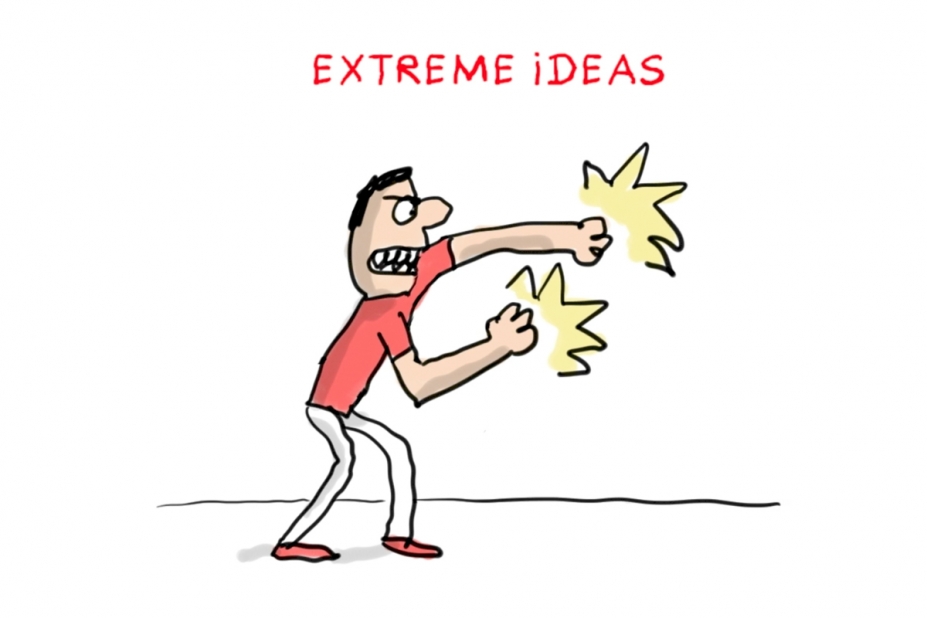When a person is ready to use violence to defend extreme political or religious ideas, we say they become “radical”.
For example, in October 2020, a radicalized Muslim killed Samuel Paty, a teacher, to impose an extreme vision of his religion, Islam.
Another example: in 2019, a radicalized man, who was promoting extreme far-right ideas, attacked mosques in Christchurch, New Zealand.
But why do people become radical?
Radicalization doesn’t happen overnight, but bit by bit.
Often, it begins when someone feels left out of society.
To feel better, they look for solutions in their friends and family or on Internet and social networks.
Sometimes they discover radical solutions, which talk of rejecting society and transforming it through violence.
The more fragile and easily influenced are likely to believe this sort of talk and become radical.
In extreme cases, radicalized people tip over into violence.
To protect society, the authorities try to identify these people before they carry out an attack.
We also try to stop radicalization, by encouraging integration through sports, culture or education.
The goal is to give people who feel excluded more self-confidence. That’s everyone’s business!





 Retour
Retour